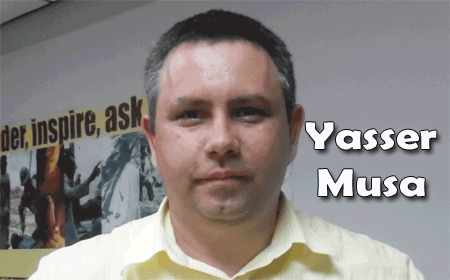“ART has to be beautiful and political at the same time. I’m not interested in art that is not in the world. And it’s not just the narrative, it’s not just the story; it’s the language and the structure and what’s going on behind it. Anybody can make up a story.” – Toni Morrison
On Tuesday 13th August, 2019 the Amandala newspaper will be published as #3298, 50 years on.
I started to read the Amandala seriously at age 19, in 1989. My great friend then and now Jules Vasquez was also an avid reader and we would argue for hours especially over the Editorial and From The Publisher.
As I look back 30 years on I can think of no other writing that has impacted my intellectual and artistic life with such visceral and entrenched effect. Why? That is for another reflection.
Amandala is Belize on levels we have not begun to analyse.
Its first issue started off with some strong words: Where We Are Coming From, “Like this sheet is previews of coming attractions. None of us in UBAD really knows too much about running a paper, so this thing, AMANDALA is going to be a brand new bag. We’ll do the jerk. We’ll do the fly. As always with us, it’s no big thing. Who bex, bex. Who bex fus, lose. Peace and Love.” (Amandala # 1 Wednesday August 13th, 1969)
Amandala has its origins in Black liberation. Black liberation is human liberation, and black liberation is Belizean liberation. That idea has taken me many decades to appreciate. But when our school and social narrative remain in contempt of our African and Mayan roots, then we fail in the basic idea of who we are as the people of corn, cassava and the sea.
Amandala is the story of, WE in the now, call it journalism. Amandala is of the past call it ancestry. Amandala is of the future call it visionary.
Amandala is a spark of deep inventive considerations. It is Evan X Hyde. Yes, Amandala is a family of people over time and space, but there is the inescapable question: who is the foundation of language with intention, the OUR Story? Who is the OUR Story teller? Who?
I speak of Amandala as creativity. It is the artist whose sheets of narrative is folded and re-opened for the mind to absorb. And no matter how hard we try to escape in the digital dystopia, we still have to walk through cane fields, swim with sargassum in our eyes, and work hard to upkeep the imaginative jewel on a hill.
If we think forward to the next 50 years then we cannot escape this idea, that the Crowd called UBAD is a memory of fire, that requires a new generation to take hold of the flames of fight.

